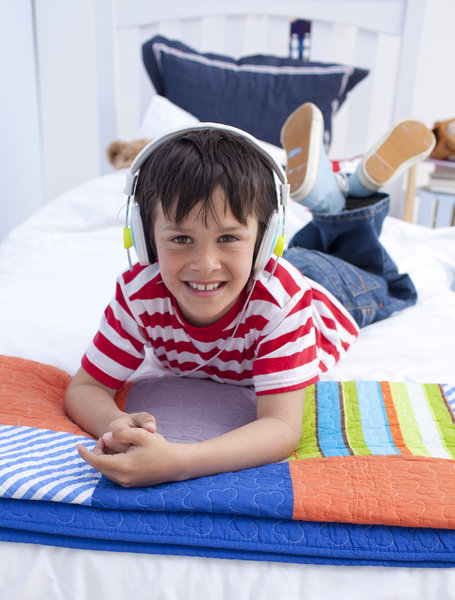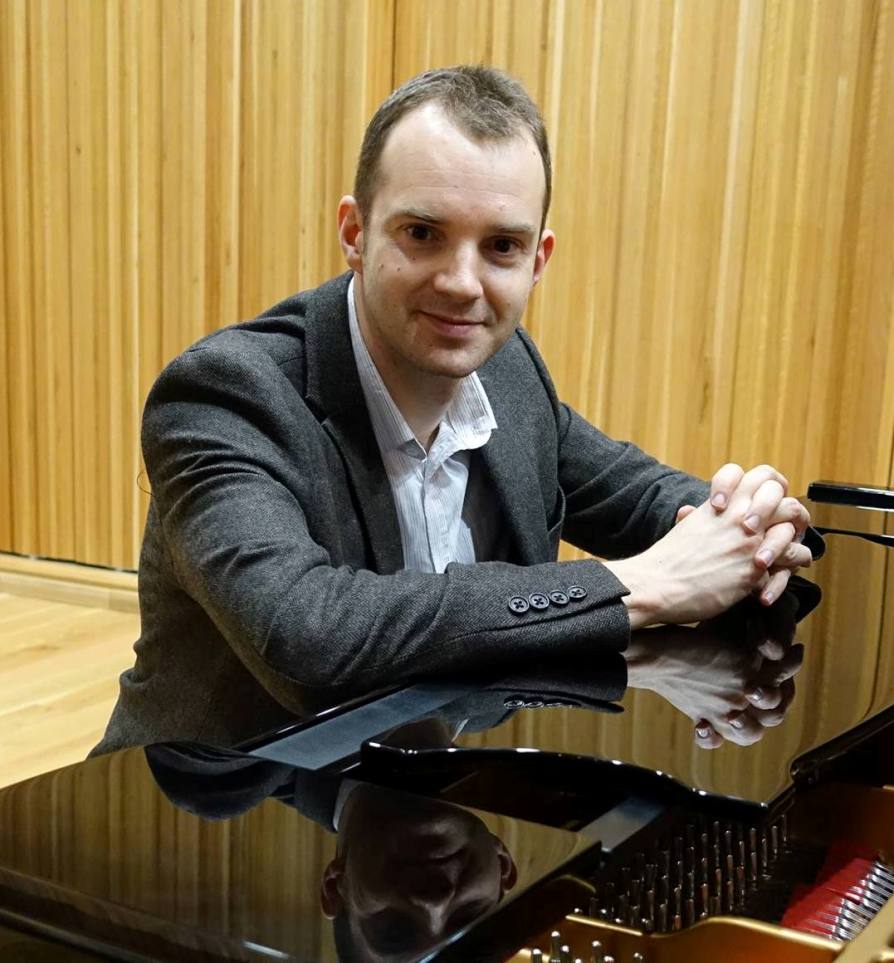Wouldn’t it be great if you could click your fingers and become a skilled piano player just like that? Unfortunately like most things, if you want to get good at something, you have to put in the hours.
In this article let’s look at 7 reasons why a lot of piano players don’t improve as quickly as they’d like.
No consistent practice routine
Consistency is key. It’s better to practice a few times rather than one long practice session every week. Slow and steady wins the race.
I’m not one for insisting students need a practice diary as that can kill motivation if you don’t practice much in a particular week, but try and get in the habit of practicing every day or at least every other day, even if it’s just 10-20 minutes.
Choose a time when you can really focus without any distractions.
Not enough listening to music

If you can’t practice on a particular day, do some active listening to the piece of music you are working on. This is essential if you are learning songs. Focus on when the chords change, the melody, the drum beat or the lyrics.
You’re developing your musical ear which can make it easier when you do have time to sit at the piano.
It’s also important for classical music too. All too often students just start reading from the sheet music straight away without any idea of the right tempo or feel. By listening to the music, you can hear all the musical elements such as the phrasing, the dynamics etc.
Not practicing S-L-O-W-L-Y
I can’t stress this enough. You must practice things slowly. Practicing slow is the key to playing things quickly and up to speed. You’ll make quicker progress this way if you go through things slowly and accurately with good fingering.
I face this battle every week in my face-to-face lessons, particularly with younger students. I constantly hear things like:
I hate playing slowly as it doesn’t sound as good
I get it. It can be frustrating, but you will quickly play things up to speed without mistakes if you start slowly.
It’s easier for me to play faster.
No it isn’t. It just means you’re trying to gloss over the tricky bits so I won’t notice 🙂
So resist the temptation to rush as you will make more mistakes and get frustrated!
Playing instead of practicing
Do you understand the difference between playing the piano and practicing the piano?
Hopefully you do. In fact I think most students realise the difference. But do they really practice the piano, or do they focus on the bits they already know because it makes them feel good?
When I teach a piano lesson, in the majority of cases when a student is learning a song, which bit do you think sounds the best?
The beginning, the middle or the end?
In the vast majority of cases, the beginning of a song always sounds the best.
Why?
Because students start at the beginning, learn it quite well and then just keep playing it because they think it sounds good.
- If you’re playing parts of a song well and it sounds good, you’re playing the piano
- If you’re working through parts of the song that you don’t know, you’re practicing the piano
It sounds obvious but it happens so often.
So make sure you’re practicing the piano and do this at the start of your practice session. You can play through things you know at the end.
Not having the right mindset

You have to accept that some things will be easier for you to play on the piano and some bits will be harder. You need to persevere and stick at it. Progress on the piano is never a nice linear graph going upwards. You might get stuck at the same level for a while and then kick on.
Maybe it takes you a bit longer to learn some chord shapes? Or maybe you find coordinating the hands challenging at times? Or maybe it’s not quite clicking on one piece of music?
Usually it’s just a case of slowing things down, but sometimes it can just a take a day or two, or perhaps a little longer for things to fall into place.
If you have a positive mindset with the piano, and persevere you will progress faster and become a much better player.
Not stepping out of your comfort zone
I teach so many students who aren’t prepared to take risks on the piano. Everyone has strengths and weaknesses on the piano.
My strengths are playing songs, either from lead sheets or by ear, playing jazz piano and improvising.
My biggest weakness is sight reading. I can sight read most pieces as long as their are chord symbols or fairly basic classical pieces, but as soon as things get a bit complicated, I do struggle more.
If you’re a classical player, try improvising or try playing a song with chord symbols
If you play by ear, work on improving your sight reading.
By stepping out of you comfort zone, you’ll grow as a musician and become a better piano player.
Not following the right method
Whether you’re learning classical piano, playing songs or trying out jazz piano, you need to follow the right method to put you on the path to success.
Having a good teacher can make a huge difference in your progress. But if you have a bad teacher, or if you try to learn yourself and pick up some bad habits, it can become a real struggle.
If you want to learn songs on the piano you can see quick results and make amazing progress in a short space of time if you follow the right method.
The BuzzPiano course will show you everything you need to know to build up your repertoire of songs quickly, how to start improvising and how to start playing songs by yourself.

Martyn Croston has over 20 years experience teaching the piano. He specialises in teaching popular music and songs, showing students how to play chords and develop their own style.


0 Comments